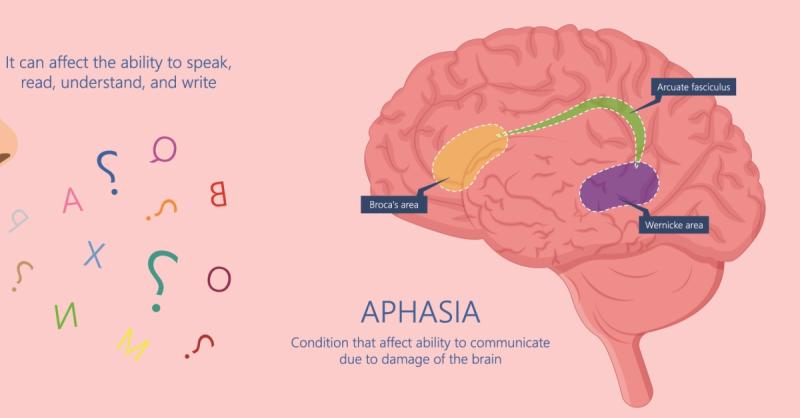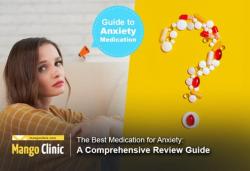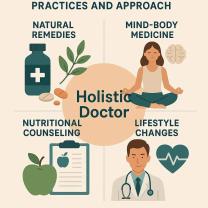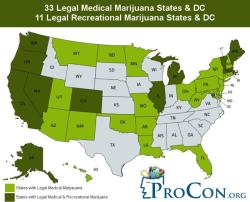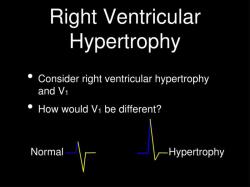What is the treatment for expressive aphasia?
Expressive aphasia is a language disorder that affects a person's ability to express themselves through speech or writing. Treatment for expressive aphasia typically involves a combination of speech therapy, supportive communication strategies, and addressing any underlying causes. Here are some common approaches to treating expressive aphasia:
Speech and Language Therapy:
- Individualized Therapy: Speech and language therapists work with individuals to develop personalized treatment plans based on their specific needs and abilities.
- Repetition Exercises: Patients may engage in repetitive exercises to improve the coordination of speech muscles and enhance word retrieval.
- Melodic Intonation Therapy: This technique uses musical elements to improve speech production. Patients are encouraged to sing or intone words and phrases to enhance their ability to express themselves verbally.
Augmentative and Alternative Communication (AAC):
- Communication Devices: AAC devices, such as tablets or communication boards, can be used to supplement or replace verbal communication. These devices allow individuals to select symbols or words to convey their messages.
- Visual Supports: Visual aids, including pictures and written words, can assist individuals in conveying their thoughts and ideas.
Cognitive-Communication Therapy:
- Memory and Attention Exercises: Treatment may include activities to improve memory and attention, which can contribute to improved communication.
- Problem-Solving Strategies: Therapists may work with individuals to develop strategies for problem-solving and organizing thoughts, making it easier for them to express themselves.
Life Participation Approach to Aphasia (LPAA):
- Functional Communication Training: This approach focuses on improving communication in real-life situations. Patients practice communication skills in everyday activities to enhance their ability to engage in social interactions.
Technology-Based Interventions:
- Computerized Programs: There are computerized programs and apps designed to specifically target language skills, providing interactive exercises to enhance communication abilities.
Group Therapy:
- Support Groups: Engaging in group therapy allows individuals with expressive aphasia to interact with others facing similar challenges. This can provide emotional support and opportunities for social communication.
Family Involvement:
- Education and Training: Involving family members in the treatment process can help create a supportive environment. Family members can learn strategies to facilitate communication and promote participation in daily activities.
It's important to note that the effectiveness of treatment can vary among individuals, and therapy plans should be tailored to each person's unique needs and abilities. Additionally, the underlying cause of expressive aphasia, such as stroke or traumatic brain injury, may influence the treatment approach. Consulting with a speech-language pathologist is crucial for developing an appropriate and effective treatment plan.
What is the treatment for expressive aphasia?
The main treatment for expressive aphasia is speech-language therapy. A speech-language pathologist (SLP) can help people with expressive aphasia improve their communication skills through a variety of exercises and strategies. These exercises may focus on:
- Language production: This includes practicing saying words and sentences, as well as using nonverbal communication strategies, such as gestures and facial expressions.
- Language comprehension: This includes practicing understanding what others are saying, both verbally and nonverbally.
- Cognitive skills: This may include working on memory, attention, and problem-solving skills, which can all be affected by aphasia.
The specific goals of treatment will vary depending on the individual's needs and abilities. However, the overall goal is to help people with expressive aphasia communicate more effectively in their daily lives.
How does expressive aphasia affect language communication, and what therapeutic approaches are used for treatment?
Expressive aphasia can affect language communication in a variety of ways. People with expressive aphasia may have difficulty:
- Finding the right words to say
- Forming complete sentences
- Speaking fluently
- Using grammar correctly
- Pronouncing words correctly
These difficulties can make it hard for people with expressive aphasia to communicate with others, both verbally and in writing.
Therapeutic approaches for expressive aphasia focus on helping people improve their language production skills. This may involve using a variety of techniques, such as:
- Repetition: People with expressive aphasia may benefit from practicing repeating words and sentences. This can help them to learn new vocabulary and improve their fluency.
- Melodic intonation therapy (MIT): MIT is a type of therapy that uses music and rhythm to help people with expressive aphasia improve their speech.
- Constraint-induced aphasia therapy (CIAT): CIAT is a type of therapy that focuses on intensive practice of language production skills. In CIAT, people with expressive aphasia are encouraged to communicate using only verbal language, even if they make mistakes.
- Augmentative and alternative communication (AAC): AAC is a term used to describe a variety of communication devices and strategies that can be used by people with communication disorders. AAC devices can include things like picture boards, speech-generating devices, and mobile apps.
The best therapeutic approach for an individual with expressive aphasia will depend on their specific needs and abilities.
Are there rehabilitative strategies or technologies that support individuals with expressive aphasia?
Yes, there are a number of rehabilitative strategies and technologies that can support individuals with expressive aphasia. These include:
- Speech-language therapy: As mentioned above, speech-language therapy is the main treatment for expressive aphasia. SLPs can use a variety of techniques to help people with expressive aphasia improve their language production skills.
- Augmentative and alternative communication (AAC): AAC devices and strategies can help people with expressive aphasia communicate more effectively, even if they have difficulty speaking.
- Computer-assisted therapy: There are a number of computer-based programs that can be used to help people with expressive aphasia improve their language skills. These programs typically involve interactive exercises and activities that are designed to improve language production, comprehension, and cognitive skills.
In addition to these rehabilitative strategies, there are also a number of technologies that can be helpful for people with expressive aphasia. For example, there are speech-to-text apps that can transcribe speech into text, and text-to-speech apps that can convert text into speech. There are also devices that can help people with expressive aphasia to type or speak, even if they have difficulty using their hands.
The best rehabilitative strategies and technologies for an individual with expressive aphasia will depend on their specific needs and abilities. It is important to work with a speech-language pathologist to develop a treatment plan that is tailored to the individual's needs.
